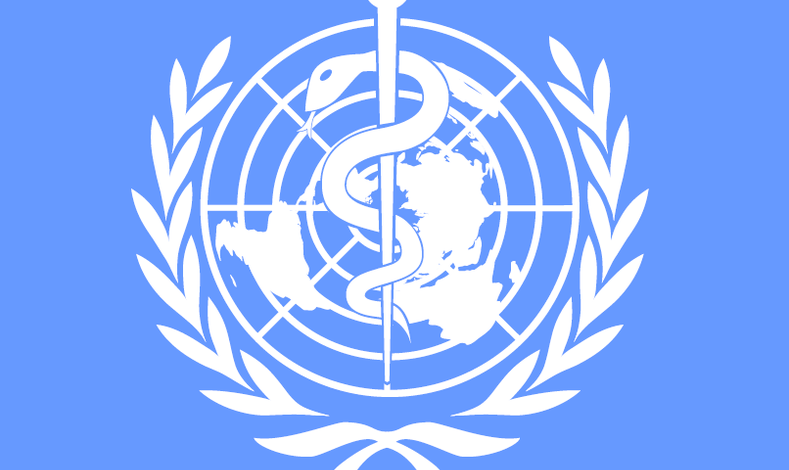The United Nations Children’s Fund (UNICEF) and the World Health Organization (WHO) have hailed Nigeria’s immunisation programme despite the devastating effect of the COVID-19 pandemic in 2020 to 2022.
The global health bodies noted that there has been a clear improvement in the pentavalent vaccine coverage, providing protection to a child from 5 life-threatening diseases, including Diphtheria, Pertussis, Tetanus, Hepatitis B and Hib.
While reiterating its target of reaching 2.2 million zero dose children, that is, children who have not received any vaccine, the health bodies expressed confidence in the further recovery of Nigeria’s childhood immunization coverage which is currently underway through the big catch up, in line with global immunization catch up strategy.
In a joint report, UNICEF and WHO noted that globally, data show promising signs of immunization services rebounding in some countries, but, particularly in low-income countries, coverage still falls short of pre-pandemic levels putting children at grave risk from disease outbreaks.
It revealed that global immunization services reached 4 million more children in 2022 compared to the previous year, as countries stepped up efforts to address the historic backsliding in immunization caused by the COVID-19 pandemic.
According to data published by the organizations, in 2022, 20.5 million children missed out on one or more vaccines delivered through routine immunization services, compared to 24.4 million children in 2021. In spite of this improvement, the number remains higher than the 18.4 million children who missed out in 2019 before pandemic-related disruptions, underscoring the need for ongoing catch-up, recovery and system strengthening efforts.
The vaccine against diphtheria, tetanus and pertussis (DTP) is used as the global marker for immunization coverage. Of the 20.5 million children who missed out on one or more doses of their DTP vaccines in 2022, 14.3 million did not receive a single dose, so-called zero-dose children. The figure represents an improvement from the 18.1 million zero-dose children in 2021 but remains higher than the 12.9 million children in 2019.
The report stated: “Despite the devastating effect of the Covid-19 pandemic in 2020-2022, the Nigeria immunization programme has undertaken some exemplary efforts to boost childhood immunization coverage along with protecting the population from Covid-19.
“The 2022 WHO and UNICEF Estimates of National Immunization Coverage, WUENIC and admin data shows clear improvement of Penta3 coverage which is 62 per cent and 85 per cent respectively.”
Dr Tedros Adhanom Ghebreyesus, WHO Director-General, said: “These data are encouraging, and a tribute to those who have worked so hard to restore life-saving immunization services after two years of sustained decline in immunization coverage. When countries and regions lag, children pay the price.”
UNICEF Executive Director Catherine Russell, added: “Beneath the positive trend lies a grave warning. Until more countries mend the gaps in routine immunization coverage, children everywhere will remain at risk of contracting and dying from diseases we can prevent.”
Source: The Nation


